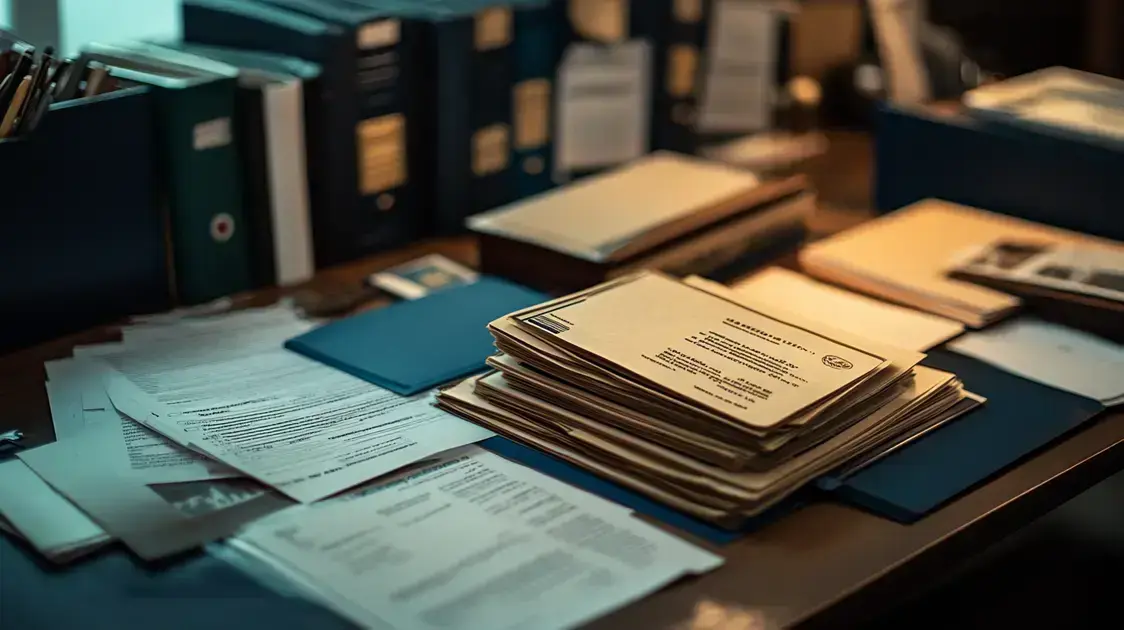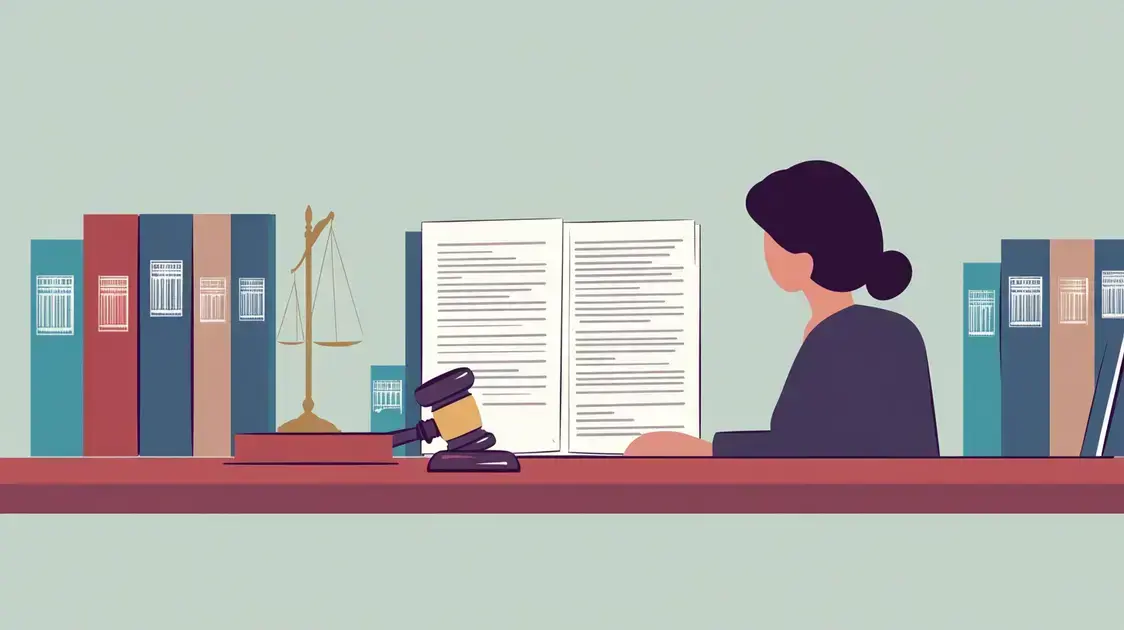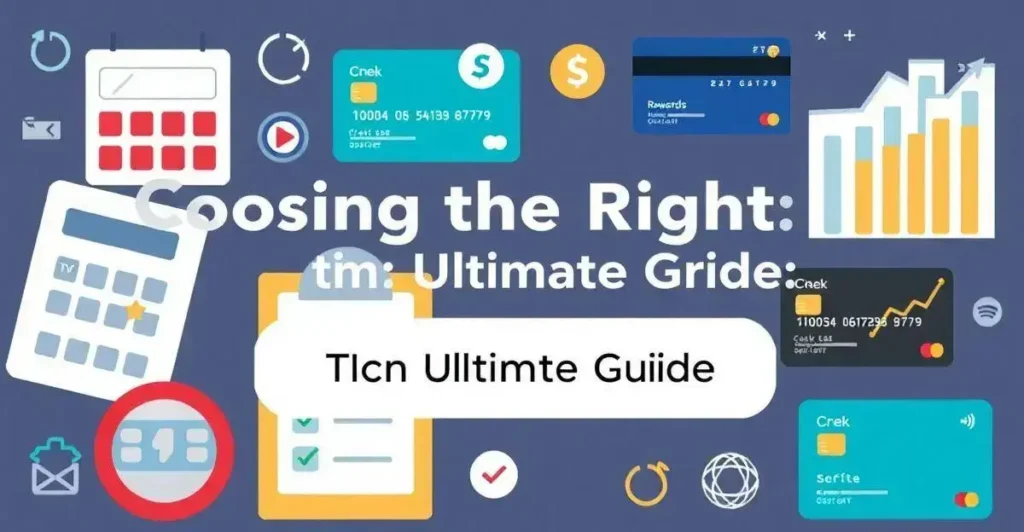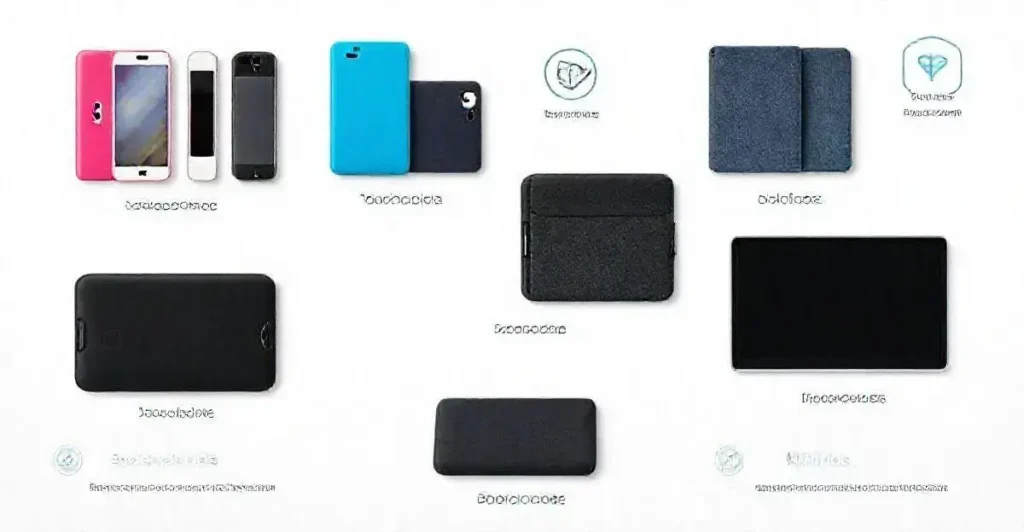How to Get a Credit Card Lawsuit Dismissed may seem like a daunting challenge, but it’s possible with the right approach. When faced with a lawsuit from a credit card company, the first step is understanding your options. Knowing what to do next can help reduce stress and give you a clearer path forward.
A credit card lawsuit often feels overwhelming, but there are multiple ways to fight back and potentially have the case dismissed. Whether it’s due to improper filing, expired debt, or incorrect information, knowing the grounds for dismissal is crucial.
Understanding how to respond and the evidence you need can make a big difference. Keep reading to discover actionable steps you can take to improve your chances of having the lawsuit thrown out.
Understanding Credit Card Lawsuits
Credit card lawsuits occur when lenders believe that you owe money and have not paid it back. This often leads to them taking legal action against you.
Normally, these lawsuits start with a complaint, which is a legal document that explains the lender’s claims against you. This situation can be overwhelming, but understanding the process is crucial.
Why Credit Card Companies Sue
Credit card companies may sue for various reasons, including unpaid debts or violations of the terms set in your credit agreement. They typically reach out with collection efforts before resorting to a lawsuit.
If they believe you are unwilling or unable to pay, they might file a claim in court.
Legal Process Overview
The legal process for a credit card lawsuit begins when a creditor files a complaint with the court. You will then be served with this complaint, which includes information about the allegations and your rights. It is essential to understand what is being claimed against you to respond appropriately.
Potential Outcomes
If a lawsuit progresses, you might have to attend court hearings. Possible outcomes include a judgment against you if you lose, or the case could be dismissed if you present a valid defense. Each situation is unique, and knowing your rights is important.
Importance of Responding
Ignoring a credit card lawsuit can lead to default judgments that may affect your credit. Always respond to court documents within the allotted time. Failure to act can result in automatic judgment in favor of the creditor.
Reasons to Get a Lawsuit Dismissed
There are several key reasons to pursue a dismissal in a credit card lawsuit. Understanding these reasons can save you time and reduce stress.
Improper Filing
One potential reason for dismissal is if the lawsuit was not filed correctly. If the creditor fails to follow legal procedures or does not have proper documentation, the case may be thrown out.
Lack of Evidence
If the creditor cannot provide enough evidence to support their claims, it strengthens your chance for dismissal. They need to show that you owe the debt and the amount claimed.
Expired Debt
Many states have a statute of limitations on debt collection. If the debt is older than the allowed period, you can argue that the lawsuit should be dismissed.
Inaccurate Information
If the lawsuit contains inaccuracies about the debt, such as incorrect amounts or dates, it can be a valid reason to ask for dismissal. Clear and accurate information is essential to proceed with the lawsuit.
Identity Theft
If you can prove you are a victim of identity theft, this can be another strong reason for dismissal. Crediting fraudulent charges should not result in a lawsuit against you.
Service Issues
Another reason to seek dismissal is for improper service. If you were not properly notified about the lawsuit, the case may not be valid.
Settlement Possibilities
If there are negotiation opportunities, such as making payment arrangements, pursuing dismissal allows you to explore those options without the pressure of an active lawsuit.
Gathering Evidence for Your Defense

Gathering evidence for your defense is critical in a credit card lawsuit. Strong evidence can help you dismiss the case or negotiate a better outcome.
Types of Evidence
Start by identifying the types of evidence that can support your defense. This may include account statements, payment records, and any agreements you had with the creditor. Collect all relevant documents that show your payment history and communication with the creditor.
Proving Payments Made
If you have made payments towards the debt, gather evidence such as bank statements or receipts. These documents help show that you are not in default and can challenge the creditor’s claims against you.
Documenting Communication
Keep a record of all written communication with the creditor, such as emails and letters. If you had discussions over the phone, take notes on dates and key points discussed. This information can help establish any agreements you may have reached.
Gathering Witnesses
Witnesses may also play an essential role in your defense. If you can find someone who has knowledge of the situation, ask them if they would be willing to testify on your behalf or provide a written statement.
Reviewing Your Credit Report
Your credit report may contain information that is helpful for your defense. Review it for any inaccuracies or outdated information that could be beneficial in proving your case.
Consulting a Legal Expert
Consider reaching out to a lawyer or legal expert who specializes in credit card lawsuits. They can offer valuable advice on what specific evidence is needed to strengthen your defense and assist with gathering it.
How to Respond to a Lawsuit
When you receive a lawsuit, it’s crucial to respond promptly and accurately. Failing to respond can result in a default judgment against you.
Read the Lawsuit Carefully
Begin by reading through the entire lawsuit document. Understand the claims made against you and the details provided by the creditor. Take note of any deadlines for your response.
Determine Your Response Options
You typically have a few choices in responding to a lawsuit. You can admit, deny, or claim insufficient knowledge to respond to each allegation. Decide which approach is best based on your situation.
Crafting Your Response
Write a formal response to the lawsuit that addresses each point made by the creditor. This document, often called an answer, should include your defenses and counterclaims if applicable. Be clear and precise in your language.
File Your Response
Once your response is complete, file it with the court by the deadline specified in the lawsuit. Ensure that you keep copies of everything you file and any correspondence you send.
Notify the Creditor
After filing your response with the court, send a copy to the creditor’s attorney. This shows that you are taking the lawsuit seriously and are engaging in the legal process.
Seek Legal Advice
Consulting a qualified attorney experienced in credit card lawsuits can provide guidance. They can help ensure your response is solid and that all legal protocols are followed.
Prepare for Future Steps
After you respond, the case may go through several stages, such as discovery and hearings. Be ready to gather evidence and follow court instructions as the process unfolds.
The Role of a Lawyer in Your Case
Having a lawyer on your side during a credit card lawsuit can be extremely valuable. A skilled attorney knows the legal system and can guide you through the process.
Expertise in Legal Matters
A lawyer specializes in legal matters and understands the laws related to credit card debt. They can provide advice on your rights and suggest the best strategies for your situation.
Evaluating Your Case
One of the first roles of a lawyer is to evaluate the specifics of your case. They will analyze the lawsuit, review the evidence, and determine the strengths and weaknesses. This helps in deciding how to proceed.
Drafting Legal Documents
Your attorney will handle drafting necessary legal documents like responses to the lawsuit, motions to dismiss, and other filings required by the court. Their experience ensures that these documents are filed correctly and on time.
Representing You in Court
If your case goes to court, a lawyer will represent you before the judge. They will present evidence, make arguments, and cross-examine witnesses to strengthen your defense.
Negotiating Settlements
Many credit card lawsuits are settled out of court. A lawyer can negotiate with creditors on your behalf, seeking a settlement that minimizes your payments or possibly results in a debt dismissal.
Understanding Legal Terms
The legal system involves many terms that can be confusing. Your lawyer acts as a translator for legal jargon, making it easier for you to understand your rights and options.
Emotional Support
Legal battles can be stressful. Having a lawyer provides emotional support and reassurance. They take care of legal details, allowing you to focus on your personal life and well-being.
Filing a Motion to Dismiss

Filing a motion to dismiss can be an effective way to challenge a credit card lawsuit. This legal action requests the court to dismiss the case without going to trial.
Reasons to File a Motion
You might file a motion to dismiss for several reasons, including lack of jurisdiction, improper service of process, or failure to state a claim upon which relief can be granted. Each reason must be clearly demonstrated in the motion.
Drafting Your Motion
When drafting your motion, include a title, an introduction stating the basis for the motion, and specific arguments explaining why the case should be dismissed. Use clear and concise language to articulate your points.
Supporting Evidence
Attach any supporting evidence to your motion. This may include documents like contract agreements, payment history, or any correspondence that proves your position. Ensure all evidence is relevant to your argument.
Filing the Motion
Once your motion is complete, file it with the appropriate court where the lawsuit was initiated. Be aware of deadlines, as motions must often be filed within a specific timeframe after the lawsuit is served.
Notify the Other Party
After filing, notify the creditor or their lawyer of the motion. This can typically be done by mailing a copy of the motion to their legal representative. Keeping them informed is necessary for legal proceedings.
Preparing for a Hearing
The court may schedule a hearing to discuss your motion. Be prepared to argue your case in front of the judge. Gather evidence and be ready to explain your reasons for dismissal clearly.
Potential Outcomes
If the court grants your motion to dismiss, the case will be dismissed, which is a significant victory. However, if it is denied, you will need to be ready to proceed with your defense.
Preparing for Court Hearings
Preparing for court hearings is crucial when facing a credit card lawsuit. Being well-prepared can significantly improve your chances of a favorable outcome.
Understanding Court Procedures
Familiarize yourself with the specific court procedures and rules. Each court may have different regulations regarding how hearings are conducted, so understanding these can help you navigate the process smoothly.
Gathering Your Evidence
Collect all necessary evidence you plan to present during the hearing. This includes documents, contracts, and any communication related to the lawsuit. Organizing these materials beforehand will help you present your case clearly.
Rehearsing Your Statements
Practice what you plan to say during the hearing. Rehearse your main points and arguments to build confidence. You can do this in front of a friend or family member, or even in front of a mirror to boost your comfort level.
Consulting Your Lawyer
If you have a lawyer, discuss the hearing strategy with them. They can offer insights on how to respond to potential questions from the judge or opposing counsel and guide you on courtroom decorum.
Preparing for Questions
Anticipate questions that may arise during the hearing and prepare your answers. Understanding what the creditor’s attorney might ask can help you respond calmly and effectively.
Arriving Early
On the day of the hearing, plan to arrive at the courthouse early. This allows time to find the correct courtroom and settle any last-minute details without feeling rushed.
Dressing Appropriately
Dress in business attire to show respect for the court and the legal process. First impressions count, and being well-dressed conveys seriousness about your case.
Staying Calm and Respectful
During the hearing, stay calm and maintain a respectful attitude toward the judge and everyone involved. Listen carefully and respond thoughtfully to any questions or comments made by the court.
What to Expect After Dismissal
After a lawsuit is dismissed, several things may happen that you should be aware of. Understanding these outcomes can help you plan your next steps effectively.
Notification of Dismissal
Once the case is dismissed, you should receive official notification from the court. This document verifies that the lawsuit is no longer active and outlines any terms set by the judge.
Impact on Your Credit Report
A dismissed lawsuit typically will not have a negative impact on your credit report. Be sure to check your credit report to ensure that any information regarding the lawsuit is updated accurately.
Potential for Appeal
In some cases, the creditor may choose to appeal the dismissal. If this happens, you will receive further notification and may need to prepare for additional legal proceedings.
Understanding Your Financial Obligation
Even with a dismissal, it’s important to review your financial situation. If related debts still exist, you need to address them to avoid future lawsuits.
Possibility of Settlement
After the lawsuit dismissal, there might be opportunities to negotiate a settlement with the creditor. Often, debtors can negotiate a lower amount to pay in order to settle the outstanding debt.
Focus on Financial Health
Take the time to reassess your finances after the dismissal. Building a budget or consulting a financial advisor can help ensure that similar issues do not arise in the future.
Exploring Legal Remedies
If the lawsuit was dismissed due to fraud or identity theft, consider seeking assistance from legal professionals who specialize in consumer rights. They can help you address any underlying issues that may have led to the lawsuit.
FAQ – Frequently Asked Questions about How to Get a Credit Card Lawsuit Dismissed
What does it mean if my credit card lawsuit is dismissed?
A dismissal means that the court has terminated the lawsuit against you, and you are no longer required to respond or attend court for that case.
Will a dismissed lawsuit affect my credit score?
Typically, a dismissed lawsuit will not negatively impact your credit score, but it’s always a good idea to check your credit report for accuracy.
Can the creditor appeal the dismissal?
Yes, in some cases, the creditor may have the right to appeal the dismissal, which means they can seek to have the case reinstated.
What should I do after my lawsuit is dismissed?
After a dismissal, review your financial situation, consider negotiating any outstanding debts, and consult a lawyer if you suspect fraudulent activity.
Is it possible to negotiate a settlement after dismissal?
Yes, there may be opportunities to negotiate a settlement with the creditor even after the lawsuit has been dismissed.
How can I prevent future lawsuits?
To prevent future lawsuits, maintain a budget, stay on top of debt payments, and seek financial counseling if needed.


